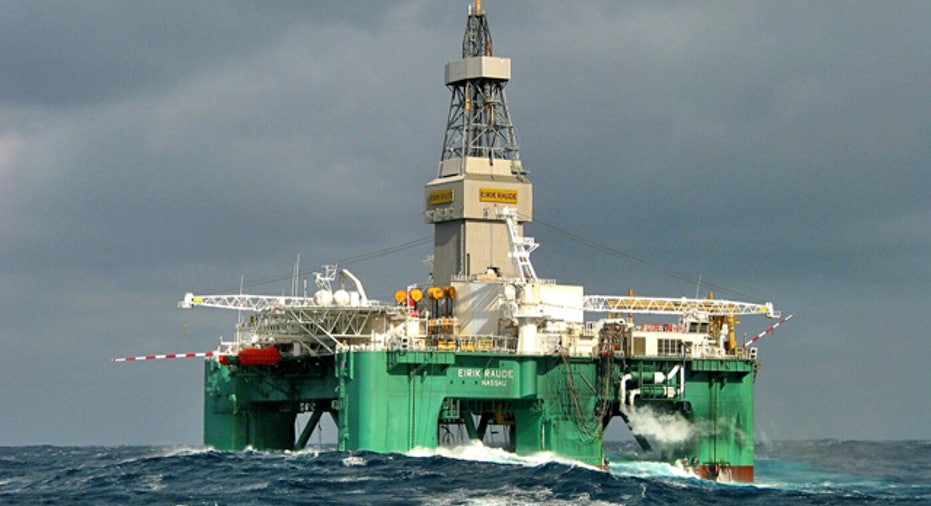Oil Prices Put the Fed in Slippery Spot

The Federal Open Market Committee meets Tuesday, and since the last get-together in January, job growth has been notably better. The February jobs report revealed 192,000 new jobs as well as upward revisions to December and to January's disappointing tally. An uptick in retail sales for February bodes well for consumer spending.
But it's not enough to make the Fed comfortable, not by a long shot. If anything, the recent Middle East turmoil and resulting spike in oil prices have further delayed the timetable for interest rate hikes. Although higher oil prices have the potential to influence the costs of other goods and services, producing a broader increase in price levels, the Fed is still clinging to the low inflation story.
Ben Bernanke and his FOMC cohorts are certainly wary of the risk to consumer spending and the overall economy from higher oil prices, should prices remain above $100 per barrel, or particularly if they were to move higher.
But first things first.
The Fed's quantitative easing program, known as QE2, is slated to expire at the end of June, and the Fed will need to address this publicly and soon; maybe not at this meeting but certainly by April. Will the Fed stretch out the remaining purchases to more slowly wean the markets? There is no political appetite for more such stimulus. Just witness the verbal beating over inflation that Fed Chairman Bernanke took when he appeared before Congress earlier this month.
The Fed may fear the effects of a cold-turkey QE stop come June 30. The question on the minds of many is: Will financial markets tumble? PIMCO's Bill Gross certainly thinks so. The Bond King himself, manager of the largest bond mutual fund, the PIMCO Total Return Fund, has sold all of the fund's Treasury holdings.
Considering the run-up in the stock market since Bernanke's August indication that more quantitative easing was on the way, and the resulting wealth effect from more plump 401(k)s and brokerage accounts, the Fed is reluctant to see consumer spending dwindle if markets take back a chunk of the last six months' gains.
Given the recent rise in oil prices, the Fed is likely to wait even longer before reeling in liquidity and raising interest rates, even if it raises the odds of an eventual dance with inflation.



















